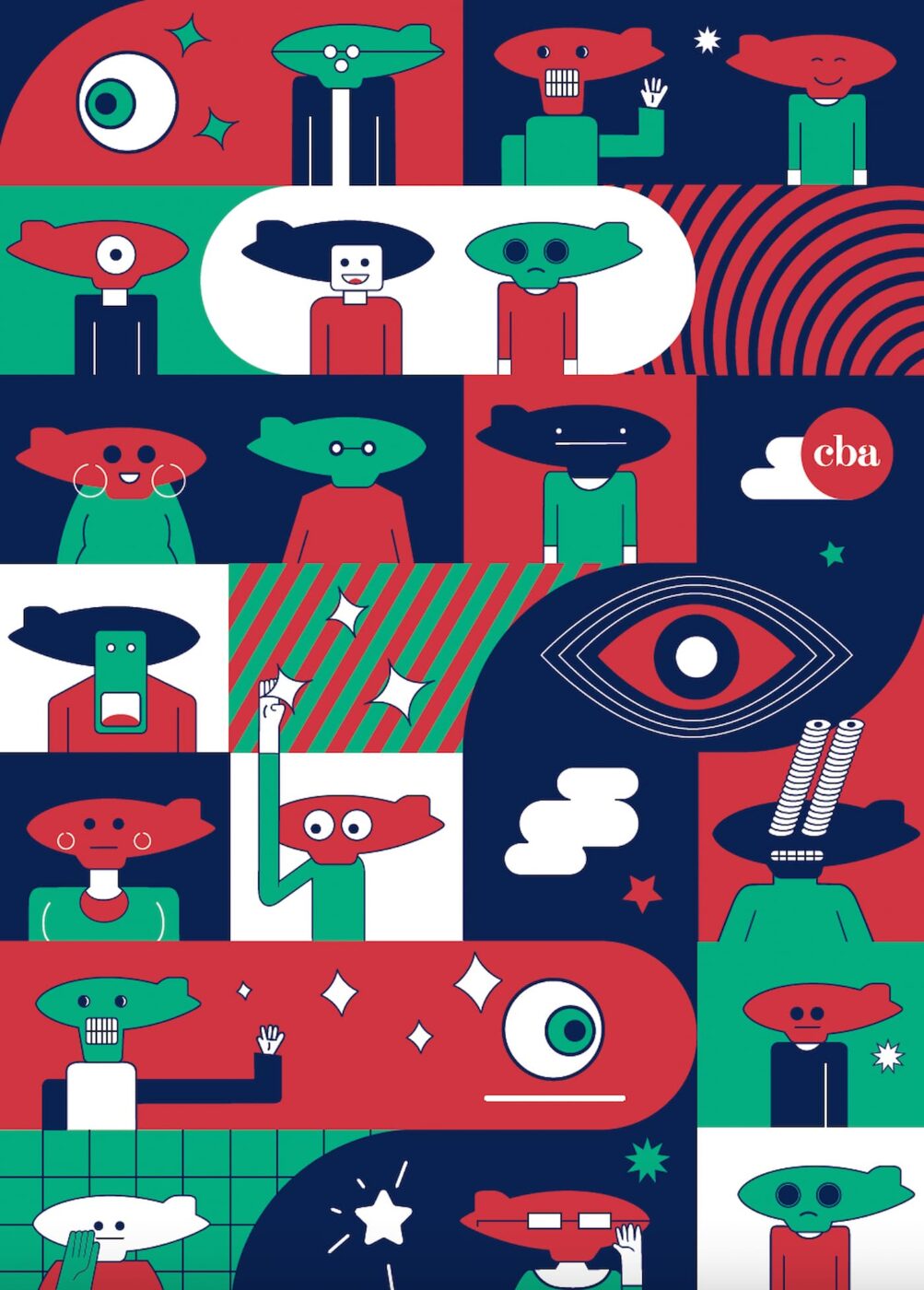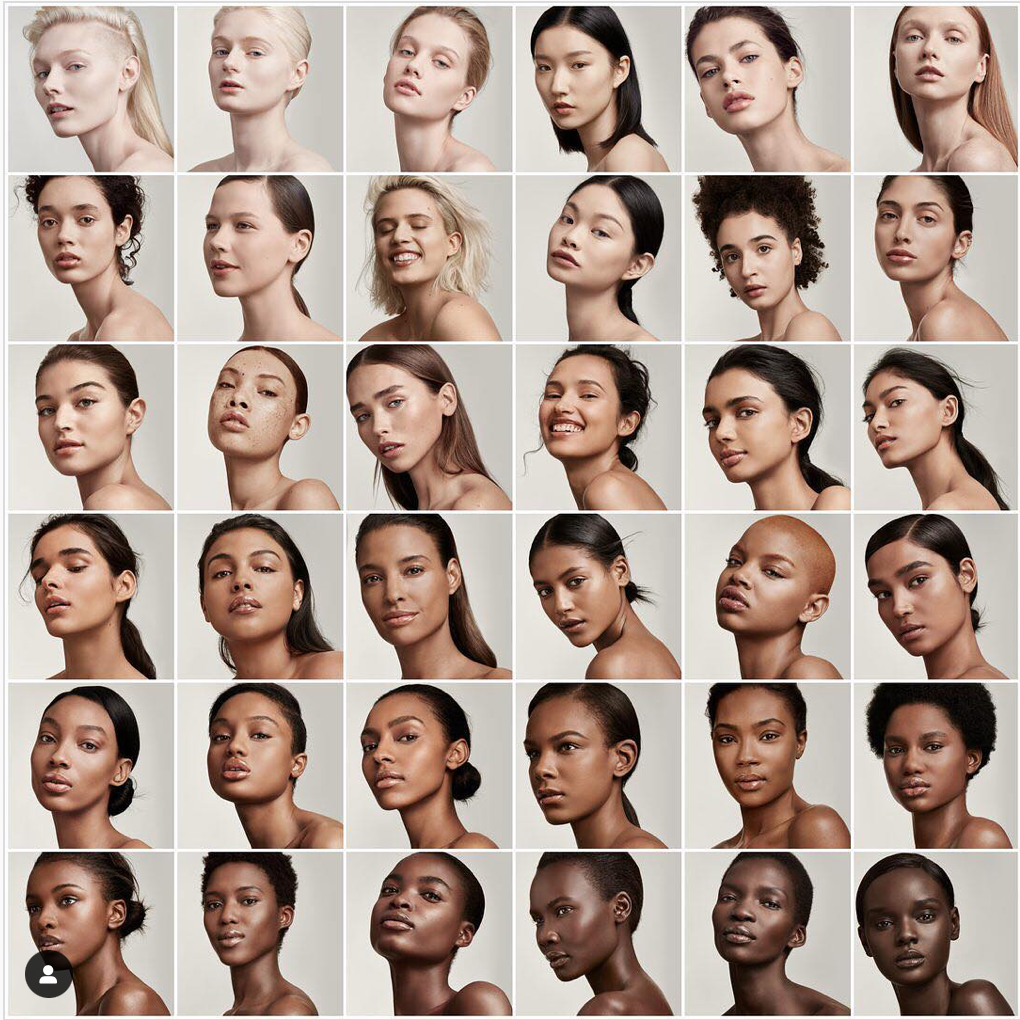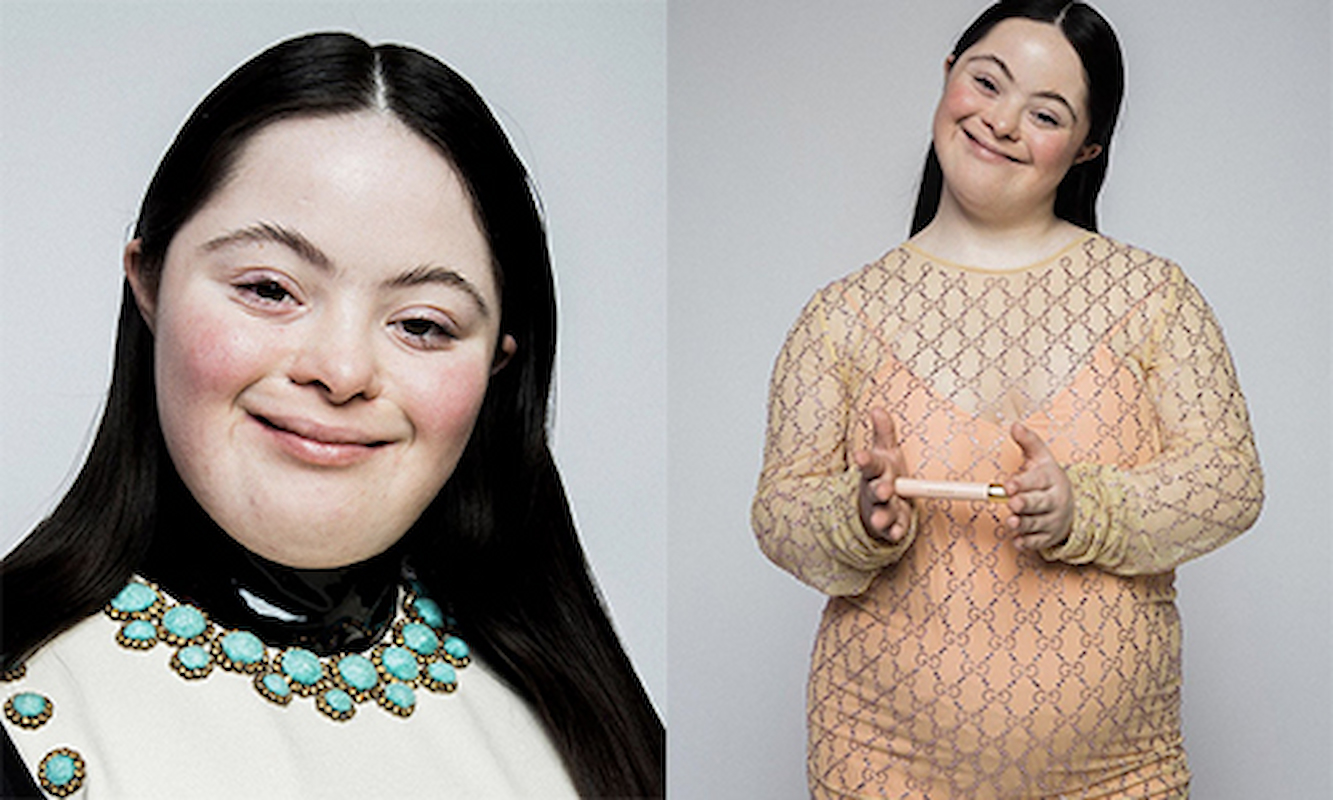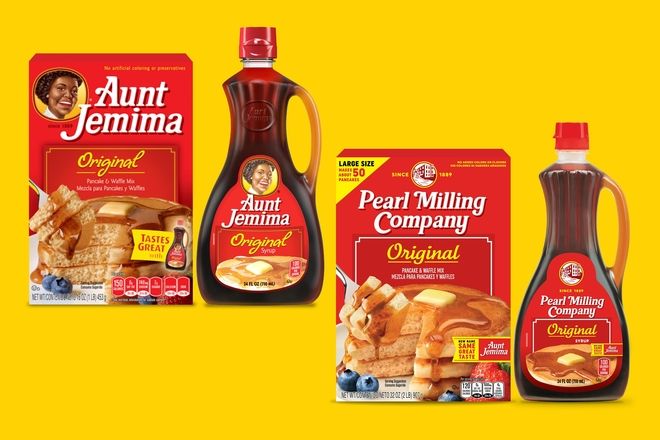
Consumers aspire to more diversity & representation
in advertising
In 2022, The Good Company and the study institute Kantar launched the Inclusion & Diversity in Advertising barometer.
The goal? « Confronting the perception and expectations of the French people with the reality of advertising content ».
72% of the French consumer think that « showing diversity in advertising is important, even very important ». It’s a high number that shows that the population wants to see more inclusive advertising that celebrates diversity. The consumer changes, evolves, and becomes more and more uncompromising towards brands. He is looking for brands that represent its values.
According to a study carried out by Environics Research and Amazon Ads, 72% of American consumers and 60% of Europeans consumers « aspire to more diversity and representation in advertising ». Thus, between the consumer and the emergence of cancel culture, brands must react.
Consumers aspire to more diversity & representation
in advertising

In 2022, The Good Company and the study institute Kantar launched the Inclusion & Diversity in Advertising barometer.
The goal? « Confronting the perception and expectations of the French people with the reality of advertising content ».
72% of the French consumer think that « showing diversity in advertising is important, even very important ». It’s a high number that shows that the population wants to see more inclusive advertising that celebrates diversity. The consumer changes, evolves, and becomes more and more uncompromising towards brands. He is looking for brands that represent its values.
According to a study carried out by Environics Research and Amazon Ads, 72% of American consumers and 60% of Europeans consumers « aspire to more diversity and representation in advertising ». Thus, between the consumer and the emergence of cancel culture, brands must react.
Consumers aspire to more diversity & representation
in advertising

In 2022, The Good Company and the study institute Kantar launched the Inclusion & Diversity in Advertising barometer.
The goal? « Confronting the perception and expectations of the French people with the reality of advertising content ».
72% of the French consumer think that « showing diversity in advertising is important, even very important ». It’s a high number that shows that the population wants to see more inclusive advertising that celebrates diversity. The consumer changes, evolves, and becomes more and more uncompromising towards brands. He is looking for brands that represent its values.
According to a study carried out by Environics Research and Amazon Ads, 72% of American consumers and 60% of Europeans consumers « aspire to more diversity and representation in advertising ». Thus, between the consumer and the emergence of cancel culture, brands must react.
According to a study carried out by Environics Research and Amazon Ads, 72% of American consumers and 60% of Europeans consumers « aspire to more diversity and representation in advertising ». Thus, between the consumer and the emergence of cancel culture, brands must react.
Brands’ authenticity is regularly questioned or pointed at. Are some brands legitimate? Authentic?
What brands are being criticized for is the lack of concrete proofs. A simple speech is not enough. It must be supported by actions.
72% of customers are willing to pay more for brands that are really authentic
(72% in the US, 78% in Europe)
————– Environics Research and Amazon Ads
Brands are engaging themselves towards meaningful causes
Many brands are engaging in what is known as brand activism, i.e. the commitment of a brand, in a concrete way, to a social or environmental cause.

Credits: Instagram @fentybeauty
A concrete example is the brand Fenty Beauty, who launched more than 50 shades of foundation, in a market where it’s still difficult for black people to find a make-up product that matches their skin tone.
A concrete example is the brand Fenty Beauty, who launched more than 50 shades of foundation, in a market where it’s still difficult for black people to find a make-up product that matches their skin tone.

Credits: Instagram @fentybeauty
Gillette decided to question men stereotypes through its campaign called « The man your are » by highlighting a diversity of men when shaving. The goal? Break the codes. Gillette, in making that choice, wants to allow all men to feel represented when watching this ad.
The opulent expression of glamour & feminity has become dated and Lux has understood it well. The brand wanted to inspire women to rise above everyday sexist judgements & express their beauty & femininity unapologetically. Our teams redefined the brand’s purpose and accompanied Lux on the creation of its brand visual identity.
« Creative and developer, great artists, great feminists, big mouth, big heart (…) » … SNCF, the French public railway company, launched « Hexagonal », a video campaign, with the goal to federate its users by representing them through its advertising. A campaign rewarded by a Bronze Lion in the « Creative Strategy » category (Lion Cannes Creativity International Festival). A campaign to support the business plan launched in 2020 by the SNCF, which focuses on putting people at the heart of company, the development and vitality of territories, the ecological transition and digital mobility.

Credits: informations.handicap.fr
In 2020, the iconic luxury brand Gucci has chosen to appoint as the muse of its brand Ellie Goldstein, who has Down’s syndrome.
A bold choice since the market is still very stereotyped and standardized.
Gucci highlighted the effort to be made by the brands and denounced the lack of representation in of the market.
In 2020, the iconic luxury brand Gucci has chosen to appoint as the muse of its brand Ellie Goldstein, who has Down’s syndrome.
A bold choice since the market is still very stereotyped and standardized.
Gucci highlighted the effort to be made by the brands and denounced the lack of representation in of the market.

Credits: informations.handicap.fr
Other brands make the choice to rebuild completely their naming or visual identity. It’s the case of Aunt Jemina, which changes its name to Pearl Milling Company and erased the image of a black woman from its packaging ; caricature of the black nanny caring for the children of a white family.



